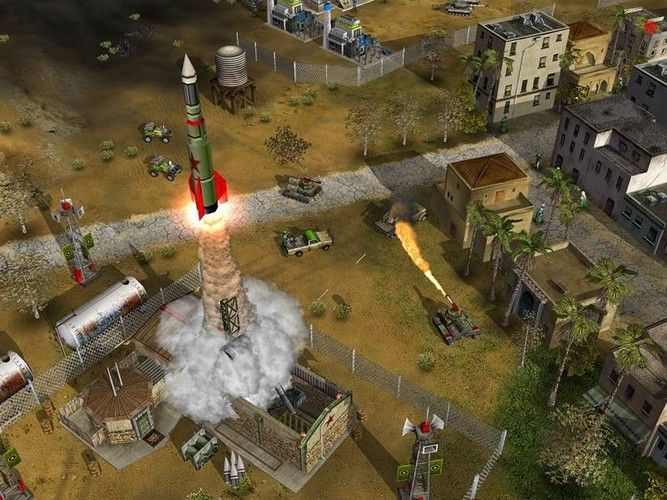

Also, each turn your city will "drop off" several of everything: gold, production, food, etc.Also, the whole "corruption" game mechanic could be viewed as the cities spending their resources on things that you haven't asked for. Later sequels dropped that, but you could still go to the "city view" option, which shows that the city is building houses and roads without any player interaction.

In the first game, every time a city built a new city improvement, it would be displayed in the city.
/cdn.vox-cdn.com/uploads/chorus_image/image/1952817/2.0.jpg)

Also, in Alpha Centauri, one can set a base to operate under a Governor, and define things a governor can and can not do, allowing the AI to run each base according to the priorities you set and you to intervene when necessary. Presumably justified by the idea that there's a lot of economic activity separate from the government projects that are presented to the player. This is particularly notable in the later iterations of the series, and the related game Sid Meier's Alpha Centauri, where the player can declare their nation to be operating under free market economics.
In the Civilization games, no city will build any improvements or units or develop their own surroundings unless the player or the player-appointed AI specifically orders it. Compare Easy Communication, where it's your units who require an unrealistic amount of instruction from the player. This is why You Require More Vespene Gas. It also prevents poor AI from sapping all your resources into pointless crap. Some games, like the later Total War and Civilization games, partially avert this by allowing you to let the AI manage cities autonomously. Also, it is obviously more difficult to create an AI that could simulate the dynamics of city or civilisation development in a reasonable manner. Of course, this grossly unrealistic Command Economy mechanism in games like Command and Conquer is often one of the Acceptable Breaks From Reality many players would find it less fun to put down some infrastructure, set certain policies and watch the results rather than tinkering with everything themselves. While it is simpler to depict the resource management in this way, it is very unrealistic to, for example, have to build "state" stables and "state" smithies in order to recruit knights in a medieval-themed game, or have to specifically order a resource extraction operation rather than have an autonomous agent do it in response to increased demand. In most civilisation- and city-building games, nothing ever gets built unless the player specifically orders it.




/cdn.vox-cdn.com/uploads/chorus_image/image/1952817/2.0.jpg)



 0 kommentar(er)
0 kommentar(er)
